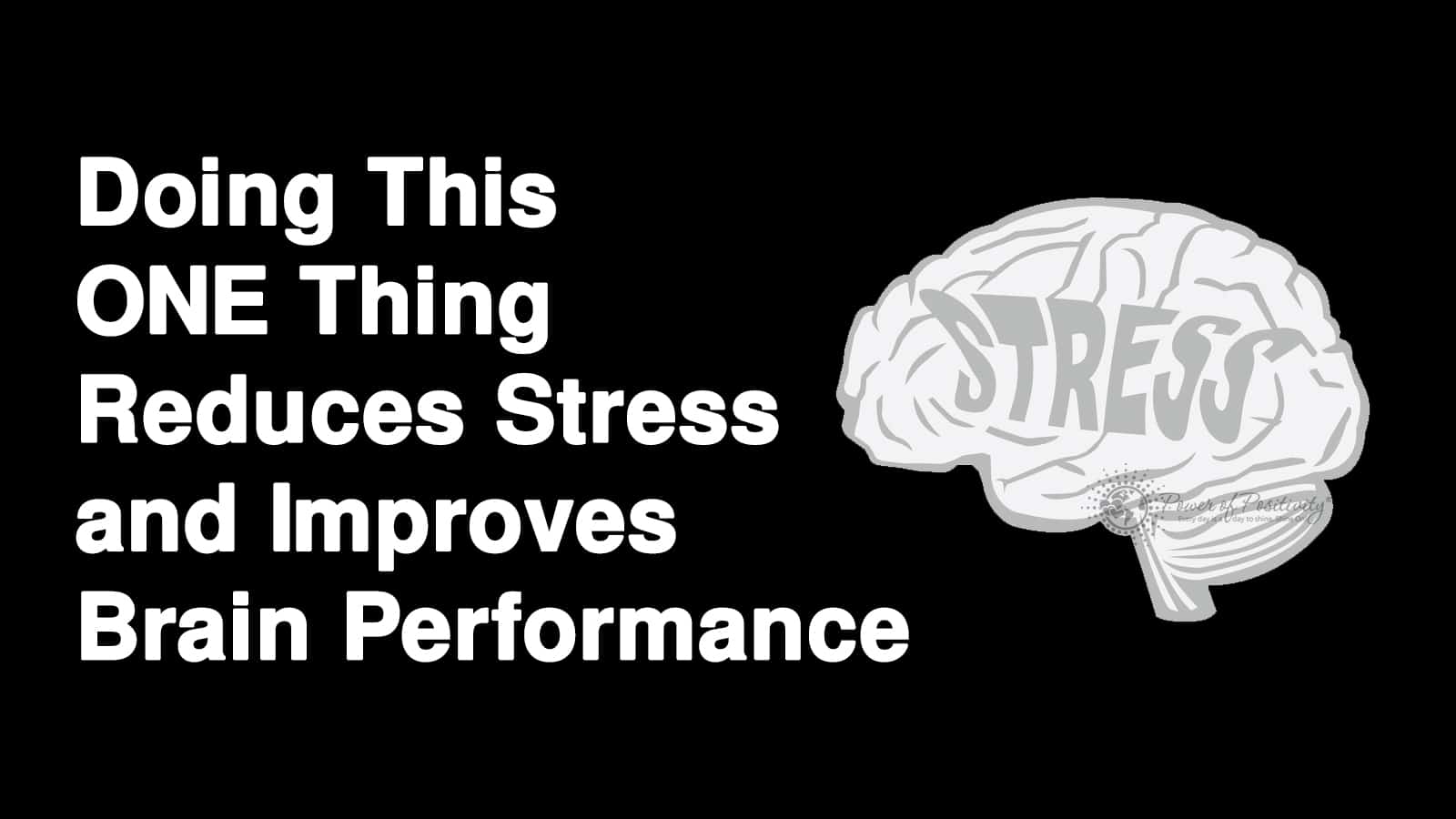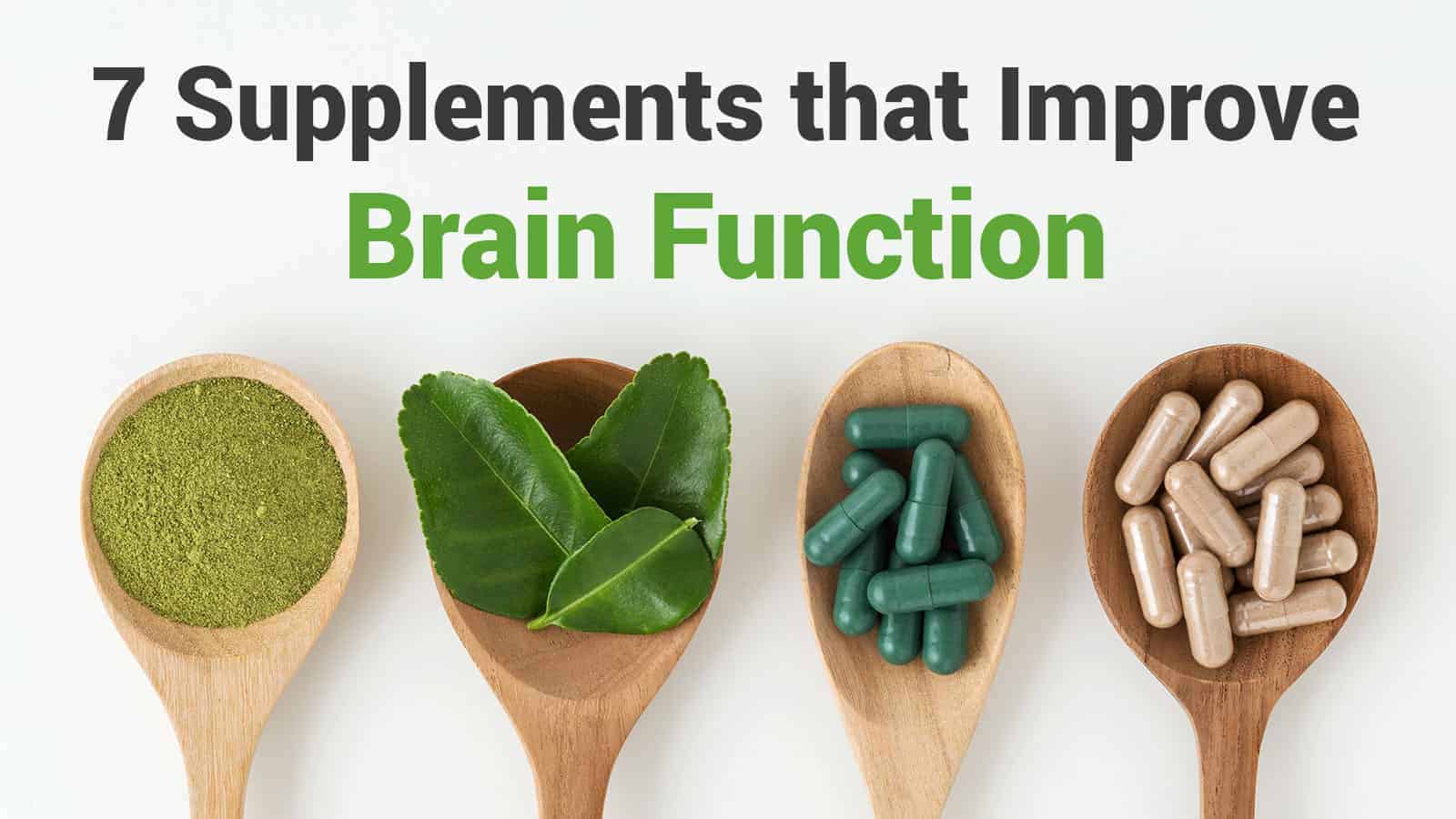Some believe that as humanity progresses, our brain function will operate like the physical body of someone in the Mega Man Triathlon. In the relatively recent past, being capable of heavy lifting and having dexterity, quick reflexes, and stamina were crucial to both survival and making a living. Presently, much of our lives are relying on high brain functionality, and supplements are starting to make their way into the conversation about optimal brain health.
Technology development requires high attention to detail, the ability to quickly analyze and make a decision, and to absorb, remember, and utilize increasing amounts of information. Currently, many companies are working on developing various computer-brain integrations to both improve the lives of those with disabilities and also enhance and surpass our current mental capabilities.
We have begun to acknowledge, no matter how slowly, that increasing brain function is vital in how we care for ourselves. As we start to feel the stress on our brains to handle our jobs, families, external stimuli, and increasingly technological society, we are seeking more ways to enhance our brain through supplements.
Could myh brain be “burned out”?

Life often comes filled with high-demand situations. Even positive events can create stress. Over time, this stress accumulates, and we start to feel exhausted or “burned out.” Often when we think of exhaustion, we only think of the physical symptoms:
- Fatigue
- Headaches
- Insomnia
- Appetite changes
- Increased illnesses or infections
We may not always realize the symptoms of mental exhaustion. Mental exhaustion comes from long-term stress; it produces physical and emotional symptoms, which later display themselves in specific behaviors.
Emotional symptoms of brain exhaustion
Our emotions also stem from our brain. Without a doubt, they share a link. When mental exhaustion sinks in, you may see symptoms such as:
- Anxiety and depression
- Anger
- Feeling powerless or hopeless
- More cynical or bitter
- More negative attitude
- Unmotivated
How does mental exhaustion show in our behavior?
When we are experiencing mental exhaustion, we display specific behavior resulting from the emotional and physical symptoms:
- A decrease in one’s ability to work well
- Less socially active and more irritable with others
- Fail to follow through on work or personal responsibilities
- Find excuses to not go to work or school
The most frustrating issue with mental exhaustion is that the actual symptoms perpetuate the fatigue. We begin showing the signs, and then the symptoms make the mental exhaustion worse by decreasing our ability to think clearly. It is a cycle we must break so that the symptoms can subside.
How can I minimize or prevent stress?
Stress is created from hormones released in our brains, creating a physiological reaction. The hormones release based on our “fight-or-flight” response, which comes from the height of our emotions.
One of the major hormones released during times of stress is cortisol.
Cortisol is a hormone that serves multiple functions. It acts to regulate the body after a stressful event, balances our blood sugar, and plays a role in our memory capability.
Under chronic stress, our body makes more cortisol than it can release and begins to affect our brain’s ability to function. Rebecca Bernstein points out the effects in an article titled “The Mind and Mental Health: How stress affects the brain.” Cortisol is thought to be the reason behind the cycle of stress that the symptoms perpetuate.
It might alter the way specific glands operate, thus rewiring our brains to be more susceptible to a “flight or fight” reaction. This reprogramming causes the “cycle of stress.” She states that it can interrupt the regulation of synapses, creating a decrease in the desire to be social and increasing social avoidance. Some studies have even shown that stress can kill brain cells and shrinks the prefrontal cortex – the location of your brain where memory and learning occur.
With that information, we should be able to create the opposite cycle.
We need to find ways to create a cycle toward higher brain function and less stress.
When we can process information appropriately, with increased clarity of thought and improved focus, we can better respond to an issue without pressing the “panic” button. In short, the better our brain is functioning, the less stress we experience, resulting in little to no side effects of stress. In this manner, cortisol is never released in abnormally high amounts, we retain our brain’s function, and the low-stress cycle continues.
What supplements can I take to improve my brain function?
Improving how our brain functions can be done in many ways, and when multiple methods are used together, they build upon each other. One of those ways is to take supplements.
Supplements become more important as we age. Aging decreases the hormones which regulate our emotions and memory. Additionally, some areas of our brain shrink and thin out. This decreases our capacity to learn, remember, and process information. Taking supplements, along with engaging in a healthy lifestyle, can reduce stress and delay or lessen this aging process on your brain.
Here are seven supplements which can improve your brain function:
Ginkgo Biloba.
This particular herb has had the most research backing it and has been in use in China for centuries. Touted to slow the decline of cognitive function and the advancement of Alzheimer’s, this herb proves beneficial for young adults and older adults. It is believed to be helpful for memory and cognition, causing an increase of blood flow to the brain. It has also been shown to decrease levels of cortisol and stress.
Bacopa Monnieri.
This herb is included in India’s natural medicinal practice called Ayurveda. Extensive research on this herb has been done and shown to work by improving the communication between neurons. It also contains antioxidants which aid in brain power and overall mental health. It can improve your brain’s ability to form memories and increase your attention span.
Additionally, it can also decrease stress and anxiety and improve mental cognition. Most studies on this herb consisted of elderly adults or adults showing signs of mental decline, but younger adults also reported similar benefits.
Rhodiola Rosea.
This is another traditional Chinese Herb, which is an adaptogen. Adaptogens are herbs which decrease stress from any cause. Through reducing stress, it can lessen fatigue, increase your energy, and decrease brain fog by boosting clarity. While it does enhance your energy, it also helps you to retain a calm focus in times of stress.
Alpha GPC.
This is a synthetic supplement containing choline. Choline is known for aiding other chemicals in your body which work to improve your attention span, endurance, memory, and mental clarity. Choline Bitrate, a form of choline found in drug stores, is not as highly recommended of a source as Alpha GPC or CDP-Choline.
Huperzine A.
A more preventative supplement to prevent memory loss due to aging is found in this derivative of Chinese club moss. It aids in maintaining levels of a neurotransmitter acetylcholine (ACh). With the levels of acetylcholine in balance, your choline levels increase. That makes Huperzine A a great addition to Alpha GPC for production of choline in your body. ACh not only helps your neurons to communicate but also contributes to the creation of new cells. Huperzine A apparently improves clarity, memory, and the ability to learn new things.
Omega-3 Fish Oil.
Omega-3 fish oil has had bragging rights for quite a while, with plenty of research to back up its claims. It contains two fatty acids, abbreviated as EPA and DHA. EPA enhances mood and acts as an anti-inflammatory. DHA improves brain development and cognition. The combination of the two may contribute to lowering cortisol levels and increasing blood flow in the brain. Omega-3 has studies to support it may decrease anxiety and depressive symptoms in addition to processing information more efficiently. Omega-3 works best when taken with Vitamin D.
Phosphatidylserine (PS).
This is a fat-soluble amino acid derivative from neural tissue. It is necessary for growth and maintaining the life of neurons. It aids in memory, cortisol balance, focus, overall speed, mental capability, and processing. Studies have shown it to be very effective for children with ADHD to such an extent that doctors will recommend it prior to medications. It is a great option for anyone looking to take supplements to improve brain function.

Final Thoughts on Improving Brain Health
Combining supplements with seven to eight hours of sleep, a well-balanced diet, and 30 minutes of physical activity four or five days a week is the most optimal way to keep your brain functioning at its peak. A supplement’s efficiency is directly related to your lifestyle; the better you take care of your health, the more effective they will be.
Always take care to ensure you are not taking supplements which may interfere with your current medication. Consult with your doctor regarding any supplements you take.
It is possible to create a cycle of decreasing damaging stress effects such as burn out, memory loss, brain fog, and overall negative moods. Taking supplements can be a great way to enhance your brain’s ability to cope with the multitude of daily stressors and tasks we face.
Life has always been about creating memories, learning, growing, and changing. Keeping your brain sharp is an essential element to living that life.

















